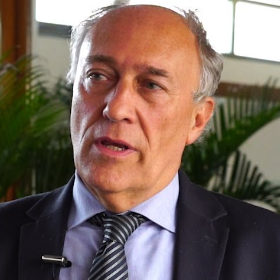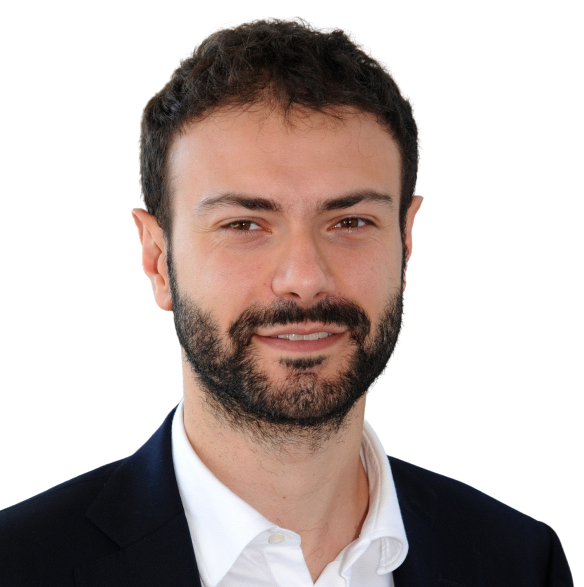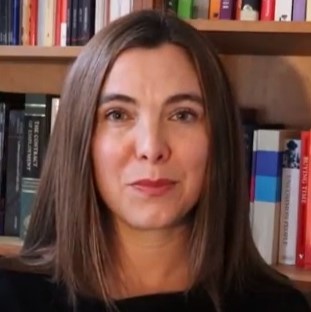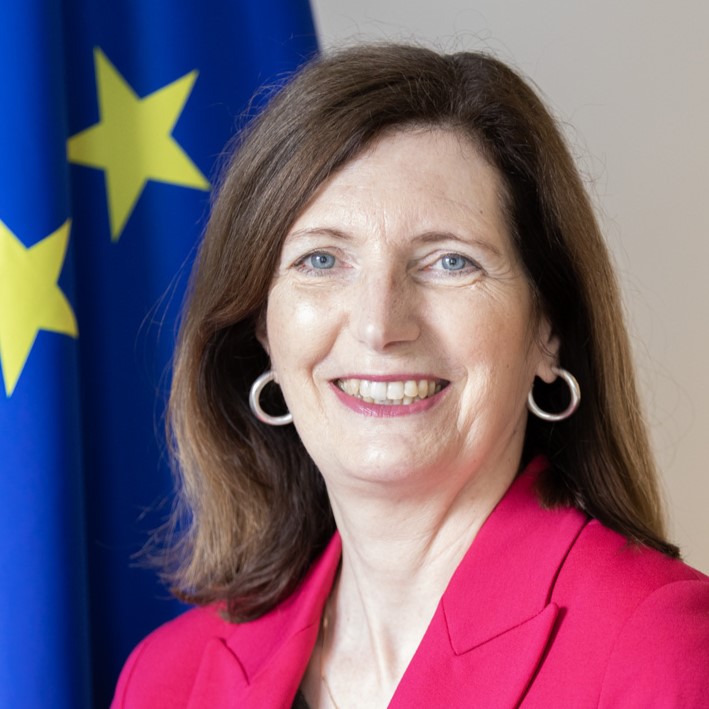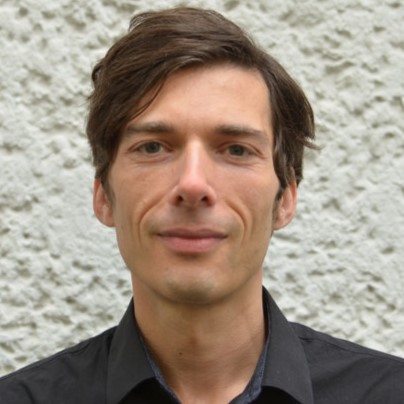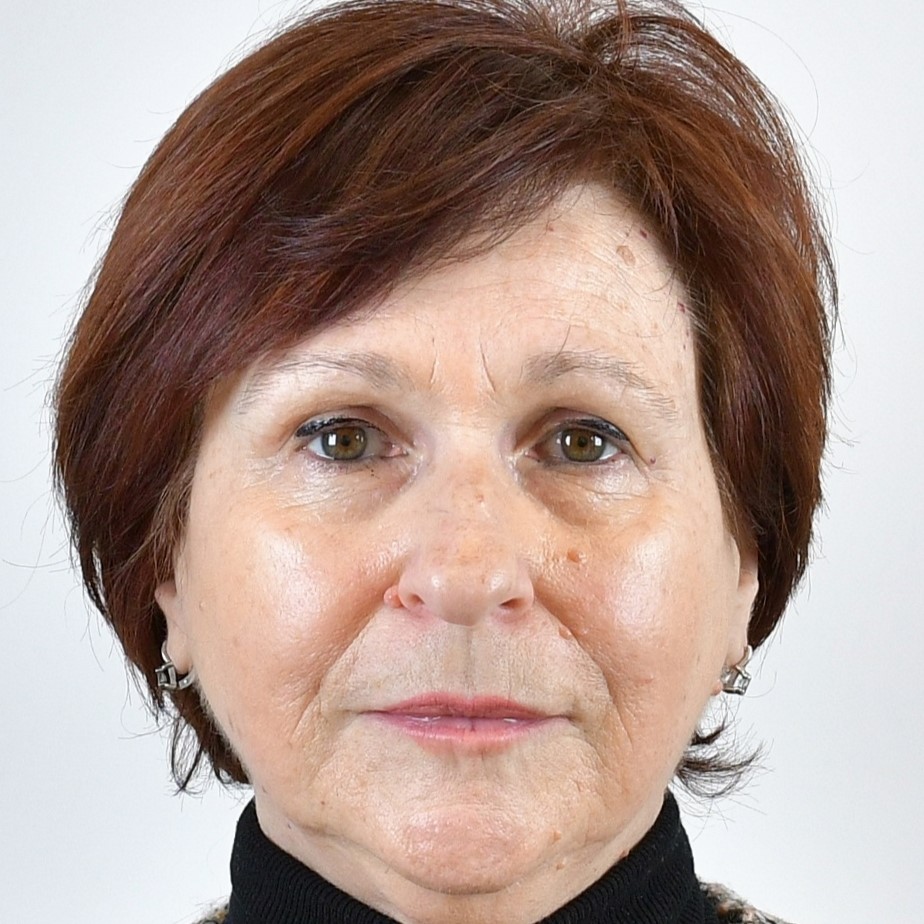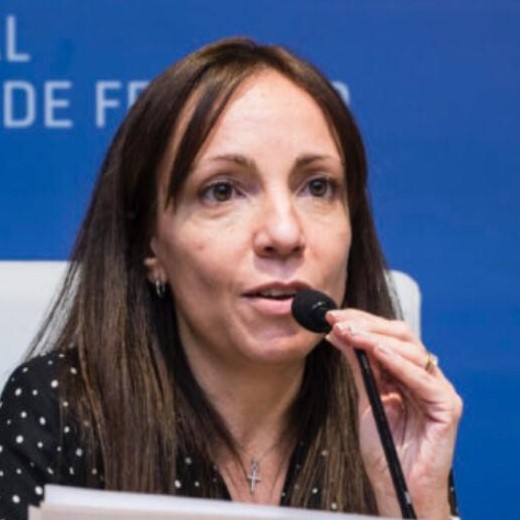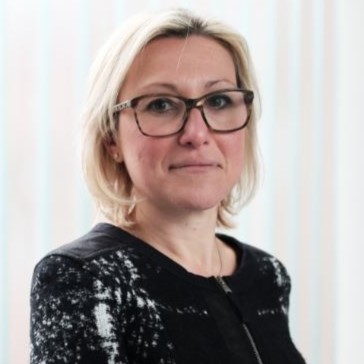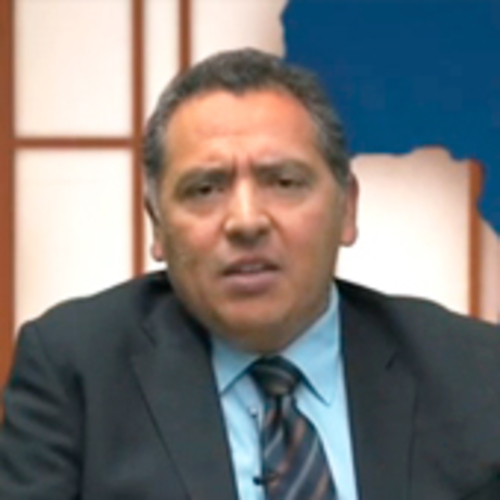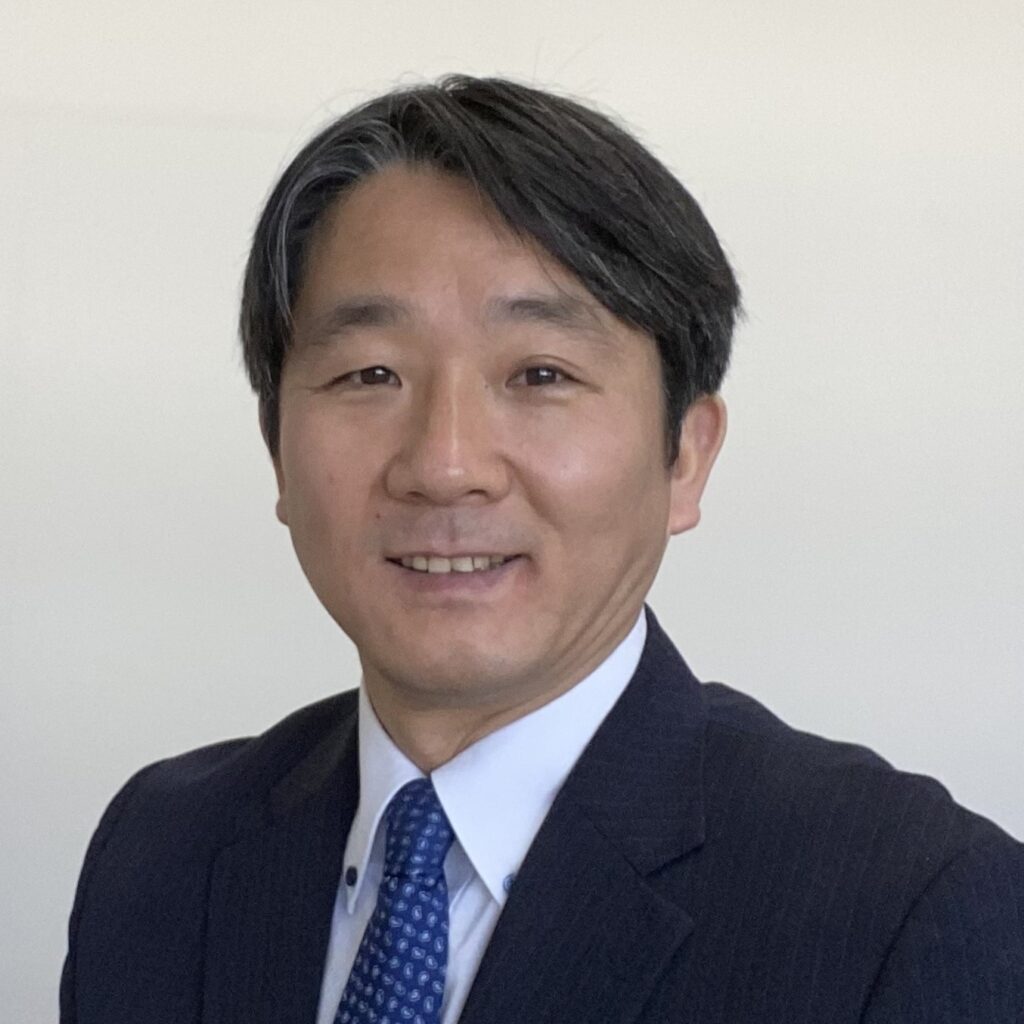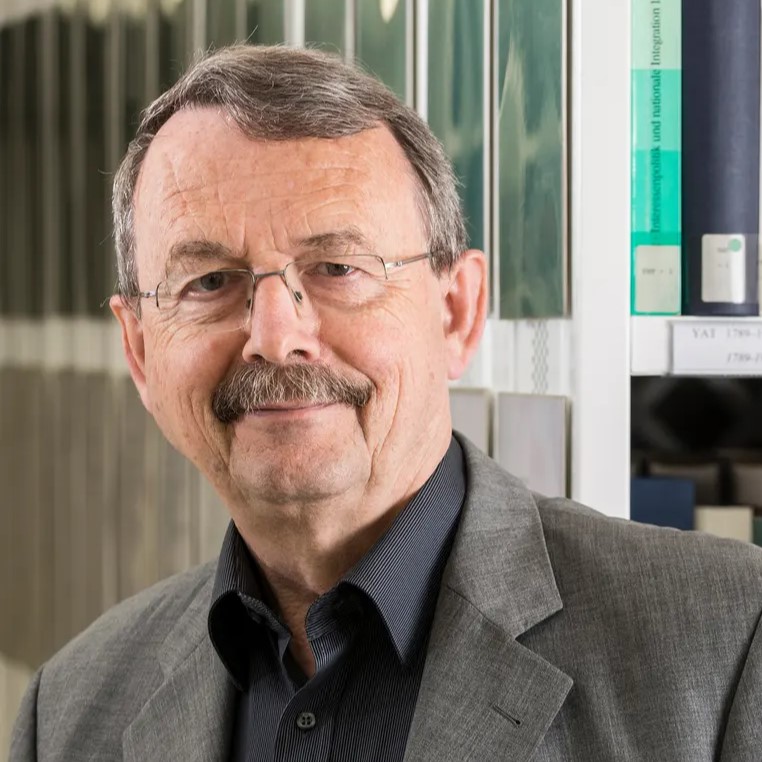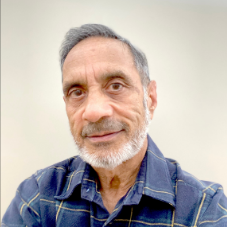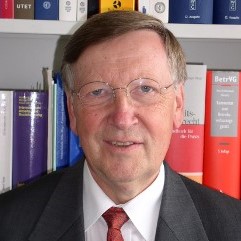Welfare expert at IILA- International Italo-Latin American Organisation, has coordinated the European Union Programme for Social Cohesion in Latin America (Eurosocial) for IILA for the past 12 years. With undergraduate and postgraduate studies in Italy and Mexico respectively, he has lived in Latin America for a long time, gaining extensive professional experience with international organisations (UN, European Commission), Italian cooperation programmes and the Government of Chile.
Professor Valerio De Stefano, PhD, joined Osgoode as a tenured professor in January 2022 and was then appointed as the inaugural Canada Research Chair in Innovation, Law and Society. From October 2017 to December 2021, he was the BOF-ZAP Research Professor of Labour Law at the Institute for Labour Law and the Faculty of Law of the University of Leuven (KU Leuven) in Belgium. Valerio De Stefano regularly publishes articles in major specialized academic journals. He is the co-editor of the Dispatches Session of the Comparative Labour Law and Policy Journal and an Editorial Adviser of the International Labour Review. Prof. De Stefano acted as a consultant for the International Labour Office, the European Parliament, Eurofound, the Joint Research Center of the EU Commission and national governments. His research is also frequently referred to by governments and international organisations, including the International Labour Organisation, the OECD, the European Commission, and the European Parliament, and has been cited by courts, parliamentary bills, policy reports, employers’ and workers’ organizations, and media worldwide.
Ruth Dukes is Professor of Labour Law at the University of Glasgow and Principal Investigator on the European Research Council-funded project Work on Demand: Contracting for Work in a Changing Economy. She is the author of The Labour Constitution: the Enduring Idea of Labour Law (Oxford 2014) and, with Wolfgang Streeck, Democracy at Work: Contract, Status and Post-Industrial Justice (Polity 2023).
Manuela Geleng works for the European Commission where she is currently the Director for Jobs and Skills in the Directorate-General for Employment, Social Affairs, and Inclusion. She is responsible for the Future of Work file as well as Youth Employment, the implementation of the Skills Agenda , Vocational Education and Training policies and the European Year of Skills.
José Luis Gil y Gil is PhD (1991) and won the special award of PhD of the University of Alcalá and the prize for the best doctoral thesis of the Ministry of Labour and Social Security (1991-1992). Since September 2011, he is Professor of Labour Law at the University of Alcalá. He has done extended research stays at the Università Cattolica del Sacro Cuore di Milano, the Université de Bordeaux, the Katholieke Universiteit Leuven and the Goethe Universität, Frankfurt am Main.
National Labour Judge. Lawyer. Doctor in Legal and Social Sciences, Doctor in Labour Law, Social Security and Human Rights and Magister in Labour Law and International Labour Relations. Honourable Mention “Senator Domingo Faustino Sarmiento” awarded by the Honourable Senate of the Argentine Nation. Director and teacher of the Master in Labour Law and International Labour Relations (Universidad Nacional de Tres Febrero) and of the Doctorate in Labour Law (UNTREF) and member of Academic Committees of Doctorates and Master’s Degrees. Undergraduate and postgraduate lecturer at different Universities (UADE, UCA, UNTREF, USAL, UBA). Author and co-author of numerous books published by Editorial Thomson Reuters and Editorial Estudio and of monographic works and articles published in various journals devoted to Labour Law. Director of the Revista de Derecho Laboral y Seguridad Social de Abeledo Perrot and of the Revista IDEIDES (www.revista-ideides.com). Director of the Institute of Interdisciplinary Studies in Social Law and Labour Relations (IDEIDES) of the UNTREF (www.ideides.com). Jury and advisor for doctoral and master’s theses. Speaker at congresses and seminars in the field.
Emeritus Professor of Law at the University of Cape Town and Honorary Professor at the University of Rwanda, he is Chairperson of the ILO Committee on Freedom of Association (CFA). He is the first African to serve in the position in the ILO’s history. He holds several degrees in law, including a PhD. He was educated at the University of Zambia School of Law; King’s College, London; Balliol College, Oxford (where he was a Rhodes scholar); and the University of Warwick School of Law. He is a fellow of the African Academy of Sciences (AAS), member of Council of the Academy of Science of South Africa (ASSAf), fellow of the Stellenbosch Institute for Advanced Study (STIAS). He is also a visiting lecturer in law at the University of Mulungushi, serves as ad hoc executive policy advisor at the University of Lusaka (UNILUS), as well as an associate of the Southern African Regional Universities Association, (SARUA). He previously served as Chair of the University of Lusaka Council (UNILUS); Chair of the then South African Employment Conditions Commission (EEC); member of the ILO Commission of Inquiry on Freedom of Association in Zimbabwe; member of the Ministerial Advisory Panel of the former South African Department of Economic Development (EDD). He is a past President of the International Labour and Employment Relations Association (ILERA).
Knut Laaser is Senior Researcher at the Brandenburg University of Technology Cottbus–Senftenberg, Germany, and associated with the University of Stirling, UK. He has published widely on the moral economy of work and employment and on meaningful work. Amongst the most recent publications are Towards a Sociology of Meaningful Work, published in Work, Employment and Society and the Monograph The Politics of Working Life and Meaningful Waged Work (coming out in December 2023- Cambridge University Press), both co-authored with Jan Ch. Karlsson. The article ‘Towards a Sociology of Meaningful Work’ won the 2023 WES-SAGE Prize for Innovation and Excellence. Knut is an Editor of Work, Employment and Society.
Anja Meierkord is a Labour Market Economist at the OECD. Her work focuses on changing skill needs in the context of longer working lives, technological change, globalisation and the green transition and on what governments can do to prepare for these changes. Recent projects include cross-country and country-specific analyses on future-ready adult learning systems, training in enterprises and successful reforms to increase adult learning participation. Prior to joining the OECD in 2017, she was Associate Director at the research consultancy Ecorys in London. She has also worked for the European Foundation for the Improvement of Living and Working Conditions in Dublin and the Administration of the Berlin Senate. Anja holds an MSc in Social Policy from the London School of Economics and a PGCert in Econometrics from Birkbeck College London.
Full Professor of Labour Law and Social Security at the Faculty of Law, in the University of Santiago de Compostela (Galicia, Spain). She is the General Coordinator of an International Network (CIELO Laboral: www.cielolaboral.com) which is made up of experts from more than 35 countries, in Europe and Latin America.
Ms. Cristina Mihes is the Head of Labour Law and Reform Unit at ILO HQ in Geneva. LABOURLAW provides integrated, proactive policy advice on what labour law and dispute resolution systems can do, based on global and regional comparative law and practice. Ms. Mihes has been with the ILO for 20 years. Previous to her assignment as Head of LABOURLAW, Ms. Mihes was the Senior Specialist in Social Dialogue and Labour Law in the ILO Sub-regional Office for Central and Eastern Europe. In this capacity she was responsible for devising, coordination and delivery of technical assistance in labour law and industrial relations reforms, as well as in the area of social dialogue, labour dispute resolution and international labour standards in Central and Eastern European countries, including EU member states and candidate countries to the EU. Ms. Mihes has led research projects and authored, co-authored or edited a number of ILO studies and reports, technical publications and training guides on topics related, inter alia, to labour law reform, employment relationship and non-standard forms of employment, and labour dispute resolution institutions. Ms. Mihes holds a PH. D. in International Labour Law, a M.A in Public Administration and a BSc in Chemical Engineering.
Professor of Labor and Social Security Law (Pontificia Universidad Católica Argentina). Professor of Comparative Labor law and Industrial Relations (Universidad Nacional de Tres de Febrero). Labor judge. Member of the Excecutive Committee of ILERA (International Labour and Employment Relations Association).
Labour Market Intelligence Manager at the WEC (World Employment Confederation) She holds an MBA and BA in Analytical Economics. Her academic background is enriched by extensive work experience in several European trade associations. Her core expertise is two-fold: analysis of the European macro-economic and monetary policies, broader economic context, as well as management, analysis and visualisation of large volumes of sectoral data.
She is Full Professor of Sociology at the Center for Sociological Research (CESO) at KU Leuven. She is PI of the ERC AdG ResPecTMe “Resolving Precariousness: Advancing the Theory and Measurement of Precariousness Across the Paid/Unpaid Continuum” and Full Partner in the EU WorkYP “Working and Yet Poor”. She is Co-researcher at the Inter-University Research Centre on Globalisation and Work (CRIMT), research fellow at Warwick University (UK) and LISER, Luxemburg. She is Coordinating the RN17 on Work, Employment and Industrial Relations ESA and chief-editor of “Work, Employment & Organizations” (Frontiers). Her research lies in employment (industrial) relations and labour markets, their changing nature and implications for voice at work and inequality as differences in wages, working conditions, job quality and wellbeing. She published her work, among others, in the Work & Occupations, British Journal of Industrial Relations; Industrial and Labor Relations Review; Work, Employment and Society; European Journal of Industrial Relations; Journal of Industrial Relations. Among her recent books Shifting Solidarities. (2020, Palgrave-MacMillan) with I. Van Hoyweghen and G. Meyers; Reconstructing Solidarity (2018, Oxford University Press) with V. Doellgast and N. Lillie.
PhD in Labour and Social Security Law from the Université Paris 2 Panthéon-Assas. Full-time “C” Researcher at the Instituto de Investigaciones Jurídicas, member of the SNI level III, external consultant of the ILO, professor at the Faculty of Law of the UNAM.
He is a Senior Researcher in the Department of Human Resource Management at The Japan Institute for Labour Policy and Training (JILPT). He graduated in Doctor Course, School of Decision Science and Technology of Tokyo Institute of Technology, Japan’s foremost national university for science and technology. With a strong background in Sociology of Work, he has actively contributed to the realm of Work and Life Balance through extensive research and academic pursuits. He has also held positions as a member of numerous deliberative councils and research committees at the Ministry of Health, Labour and Welfare. He has authored several influential books and articles in the field of Work and Life Balance including “The Future of the Japanese Long-Term Employment Society: The Consequences of Post-Industrialization and Increase of Unmarried Workers” (published in “Japan Labor Issues,” Vol.6, No.37, March-April, 2022, Tokyo: JILPT), “The Necessity of Reduced Working Hours under the Re-familization of Elderly Care” (published in “Japan Labor Issues,” Vol.5, No.30, April-May, 2021, Tokyo: JILPT), and JILPT Research Report No.221 ”Changing Employment Society and its Vitality: Challenges of Work Styles Adapted to the Industrial Structure and Demographics” (Tokyo: JILPT, 2022).
Wolfgang Streeck studied sociology in Frankfurt am Main and Columbia University. He received his Habilitation from the University of Bielefeld in 1986. From 1988 to 1995 he was Professor of Sociology and Industrial Relations at the University of Wisconsin-Madison, and from 1995 to 2014 Director at the Max Planck Institute for the Study of Societies in Cologne. His research areas are comparative political economy and theories of institutional change. His books include Democracy at Work: Contract, Status and Post-Industrial Justice (with Ruth Dukes), Cambridge: Polity Press, 2022; How Will Capitalism End? Essays on a Failing System, London and New York: Verso Books, 2016; Buying Time: The Delayed Crisis of Democratic Capitalism, London and New York: Verso Books, 2014; Re-Forming Capitalism: Institutional Change in the German Political Economy, Oxford University Press, 2009.
Born 1940 in Southern Germany. 1960 – 1964 legal education at the universities of Freiburg and Berlin. 1965 – 66 Research Fellow at the Center of Law and Society at the University of California in Berkeley. 1974 – 1977 Full Professor of Civil Law and Labor Law at the University of Hamburg and 1977 – 2008 at the Goethe University in Frankfurt. Since 2008 Professor emeritus. His main research topics have been German, European and international labor law. Visiting professor at many universities all over the world, in the USA particularly at the University of Florida, at the University of Pennsylvania, at the NYU (member of the Global Law Program) and at the University of Illinois. For many years consultant to the International Labor Organization (ILO) and to the European Union (EU).1990 – 1995 President of the German Association of Industrial Relations and 2000 – 2003 President of the International Industrial Relations Association (now renamed International Labor and Employment Research Association). He also served as German correspondent to the NAA. He holds several honorary doctorates and in 2015 the international Labor Law Research Network(LLRN) endowed him the prestigious Award for outstanding contribution to labor law. He is a Fellow of the World Academy of Art and Science (WAAS).

